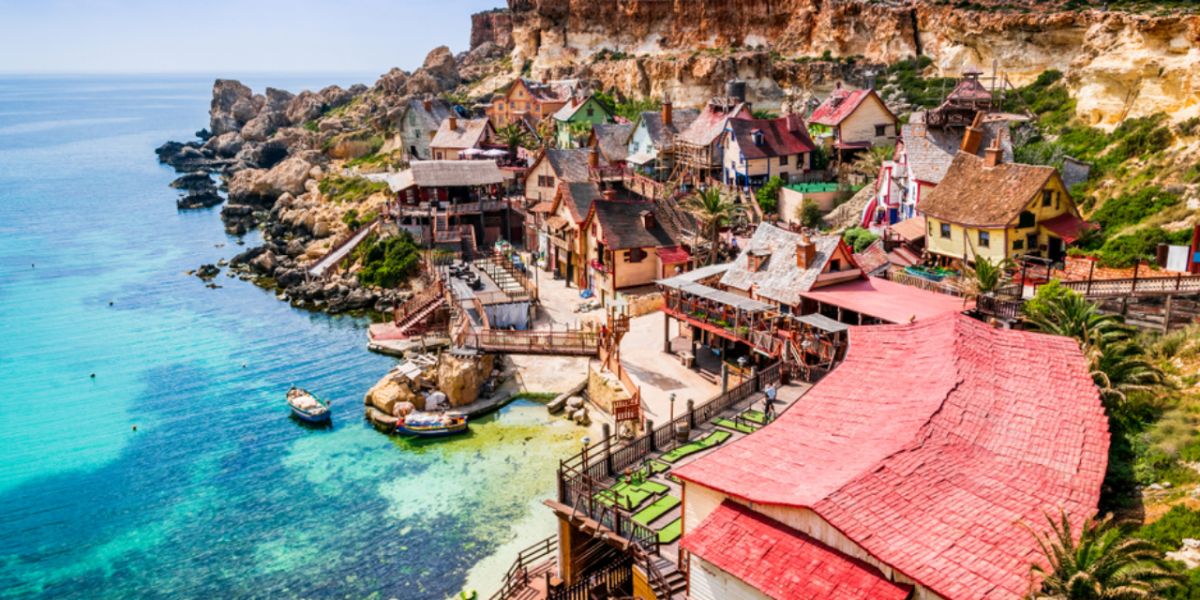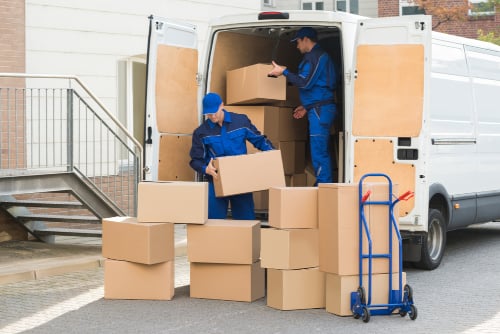
If you have decided to relocate in Malta, take time and do your research to choose the right removal company. This is an important step not to be taken lightly. If you're moving an entire home, set up an appointment with a relocation counsellor for an in-house estimate.

Make a list of everything that will require special care (anything made of glass, mirrors, artwork, special packaging, etc.). Specify to the mover what you will do yourself (dismantling furniture, packing dishes, etc.).
Regarding the estimate, several key points are to be considered, including:
- Origin address ' where removers will pack and load your belongings
- Destination address in Malta ' where removers will unload your belongings
- Volume or weight of everything
- Types of transportation required (by air, train, truck, ship)
- Nature of the services ' terms and conditions ' and insurance damage
- Up-front payments versus payment plan options
Usually, removal companies unload your belongings directly to the destination address. However, some removal companies unload your belongings in warehouses and you have to pick them up yourself, implying additional costs should you need to hire a larger vehicle to transport them from there.
Check your moving contract very carefully to ensure you understand all the terms and conditions.
Making a list
Make an exhaustive inventory of your belongings so as to establish a value statement. The value statement is an important document that sets the compensation amount you could receive in case of loss or damage of your belongings.
This list is also a very helpful way for you to stay organised throughout your move. Be painstakingly descriptive in what and where you pack everything. That will reduce your stress upon arrival as you begin to unpack everything ' being able to quickly identify where a specific item is packed can do wonders to help you settle into your new home!
Complete the declaration of value by stating the overall value of your property and the value of certain specific precious items. Carefully review the terms and conditions of your contract to find out more about transportation and the handling of precious objects.
This statement is particularly important because without it, an estimate cannot be established, which will obviously affect your relocation costs and your organization in moving to Malta.
Damage insurance
Accordingly, the carrier will propose damage insurance. This insurance should automatically cover unpredictable damage associated with the transportation of your belongings up to the value indicated in the declaration of value.
The cost for the insurance depends on the overall value of your belongings. The removal company must issue a certificate of insurance in any case.
Waybill
Finally, you must sign the waybill before loading and after delivery of your belongings. The waybill is a document that specifies the terms and conditions of the contract, the mode of transportation, the volume or weight carried by the removal company, and the name and address of both the customer and the carrier.
By signing the waybill, you fully agree to these terms and conditions and give permission to the removal company to go ahead with your relocation.
Regarding removal payment plans, a deposit is usually to be paid before loading, and then the balance must be paid upon delivery. A payment plan must be arranged with the removal company in any case.
Important:
In general, carriers handle customs paperwork for you (customs clearance etc.). For additional security in a cross-border relocation, opt for a carrier that is affiliated with the FIDI (International Federation of International Movers).
Good to know:
Contact the Malta consulate or embassy in your current country for more information about moving to Malta, including customs requirements, prohibited items, etc..
Useful links:
FEDEMAC - Federation of European Movers www.fedemac.eu
FIDI - International Federation of International Removers www.fidi.org
We do our best to provide accurate and up to date information. However, if you have noticed any inaccuracies in this article, please let us know in the comments section below.








